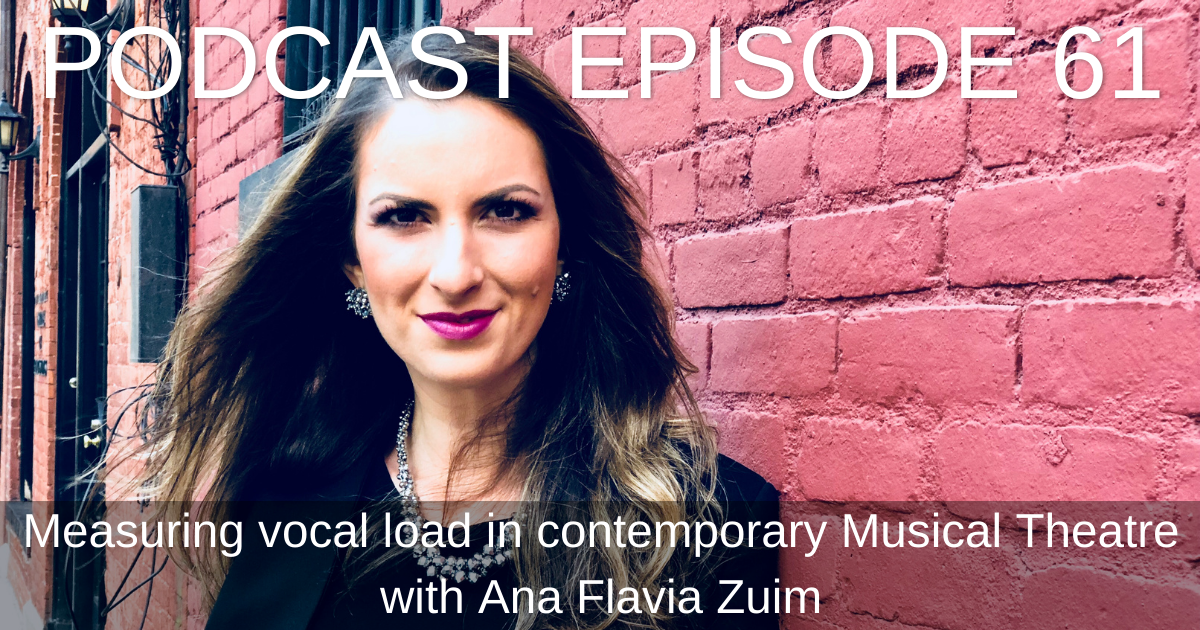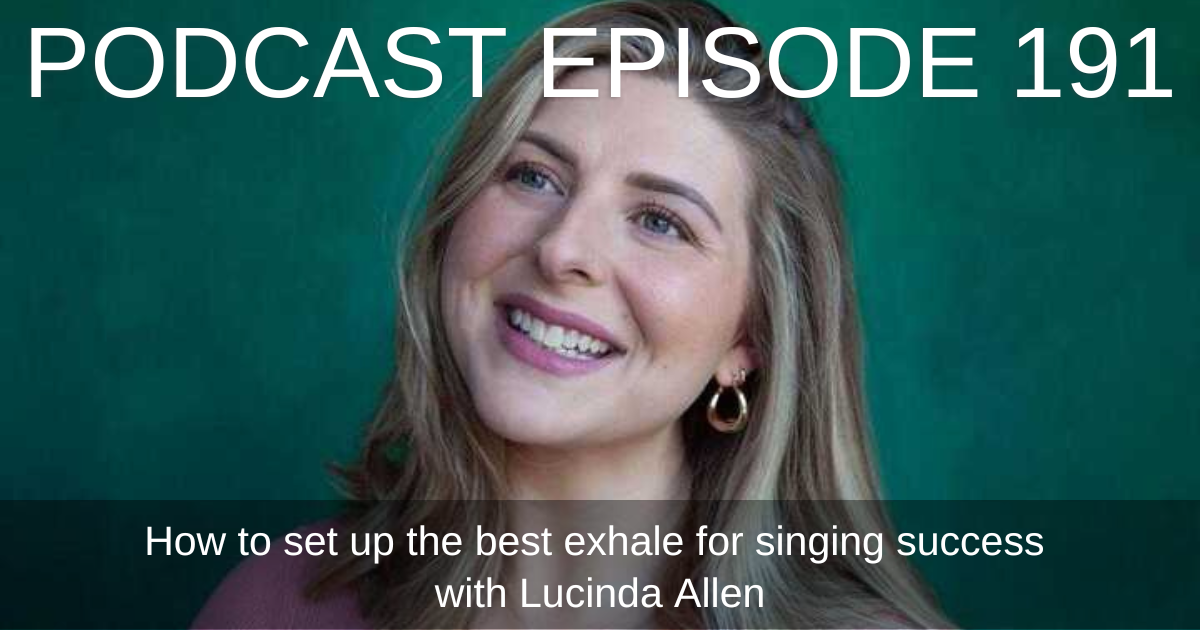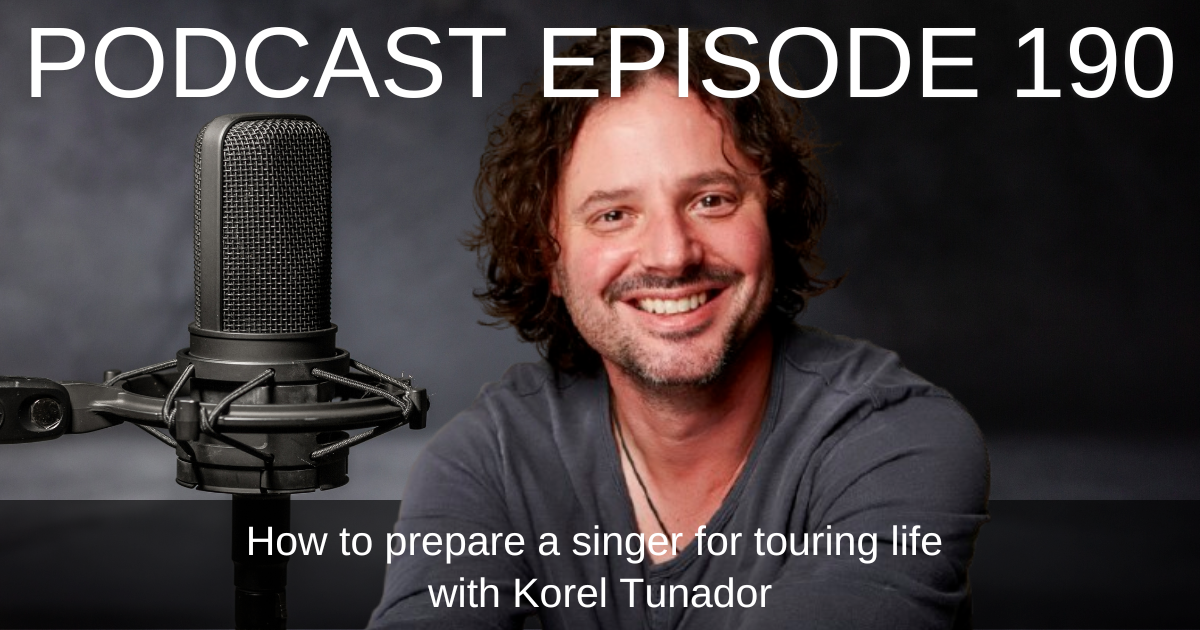Ana Flavia Zuim is a multi-award winning musical director and conductor, musician and associate director of vocal performance at NYU. Her credits include the likes of associate conductor and vocal coach for Billy Elliot tours in the USA and the rehearsal pianist for Hamilton on Broadway. Ana joins Alexa this week on Singing Teachers Talk to discuss her work as a researcher in the field of forensic voice analysis.
KEY TAKEAWAYS
- Ana’s published paper on the voice started because she noticed there’s not a lot of research on contemporary styles of vocalism that gives an indication of how much is too much. The original intent was to have both the measurements for an opera and a contemporary show and compare the two.
- About 3 or 4 years ago Ana visited colleagues at Harvard and discussed the KayPENTAX APM 3200, a pretty rare device that they don’t make anymore. They decided to let her borrow it to collect data for her study.
- With this device they decided to measure the effect of three male-identifying voices and three female-identifying, this was made up of a major role, a minor role, and an ensemble for each. They measured separate phases of the show from learning lines to the show day.
- From the study, Ana and the team found that the distance dose, how many cycles the vocal folds go through but converted to distance, was different between males and females. Female identifying singers sang approximately 3.23 miles per day and the male-identifying singers about 2.34 miles.
- Ana believes we need to change the stigma around vocal injuries. Singers feel like they need to push through and are reluctant to get help because of the culture in the theatre. Shows have physical therapists to assist with physical injuries but don’t have a vocal specialist.
BEST MOMENTS
‘It was fascinating because it gave us an idea on the demands on the voice of preparing for a show’
‘I don’t know if educating will change critics’
‘The stimaga about voice and voice injury is real’
EPISODE RESOURCES
Guest Website:
Social Media:
- @anaflaviazuim
Relevant Links & Mentions:
- Journal of Voice: jvoice.org
- Vocal Dose and Vocal Demands in Contemporary Musical Theatre by Ana Flavia Zuim, Celia F Stewart & Ingo R Titze: jvoice.org/article/S0892-1997(21)00278-2/ppt
- Studied Productions: The Magic Flute by Wolfgang Amadeus Mozart & Wonderland by Frank Wildhorn & Jack Murphy
- Maurice E Goodwin SLP
- Vocal Health Education
- Example: Astonishing from Little Women by Sutton Foster
- Ben Platt and Dear Evan Hansen
- Matt Edwards and the Asbury Park Press (Jon Bon Jovi vocal issues: What is going on and how can it be fixed?): eu.app.com/story/entertainment/music/2022/05/09/jon-bon-jovi-voice-vocal-issues-bad-singing/9661274002
ABOUT THE GUEST
Ana Flavia Zuim is a multi award-winner musical director/conductor and an accomplished pianist, vocologist, electric bassist and expert witness. She serves as Associate Director of Vocal Performance at NYU, Steinhardt. Dr Zuim holds a bachelor’s degree in music from the State University of Londrina (UEL), a master’s in piano performance (Lynn University, 2006), a doctorate – PhD in Fine and Performing Arts (Florida Atlantic University, 2012) and a Vocology certification (University of Utah, 2015).
Prior to joining the NYU faculty, Dr Zuim served as Director of Contemporary Voice at the Frost School of Music with a secondary appointment as Lecturer of Otolaryngology at the Miller School of Medicine, University of Miami.
She is an active researcher and has worked in several productions including the Broadway musical Hamilton (Rehearsal Pianist – since 2016), the Broadway Across America tours of Billy Elliot (Associate Conductor/Vocal Coach, 2012), Joseph and the Amazing Technicolour Dreamcoat (Keys, 2013), among others.
Her knowledge of voice science and acoustics, combined with her passion for languages paved the way for forensic voice analysis. She has served as an expert witness for cases involving both singing and speech, including a death threat case, contributing within her scope of practice to furthering a more just legal system in which evidence is evaluated through evidence-based, data-driven science.
Link to podcast presenter’s bios





